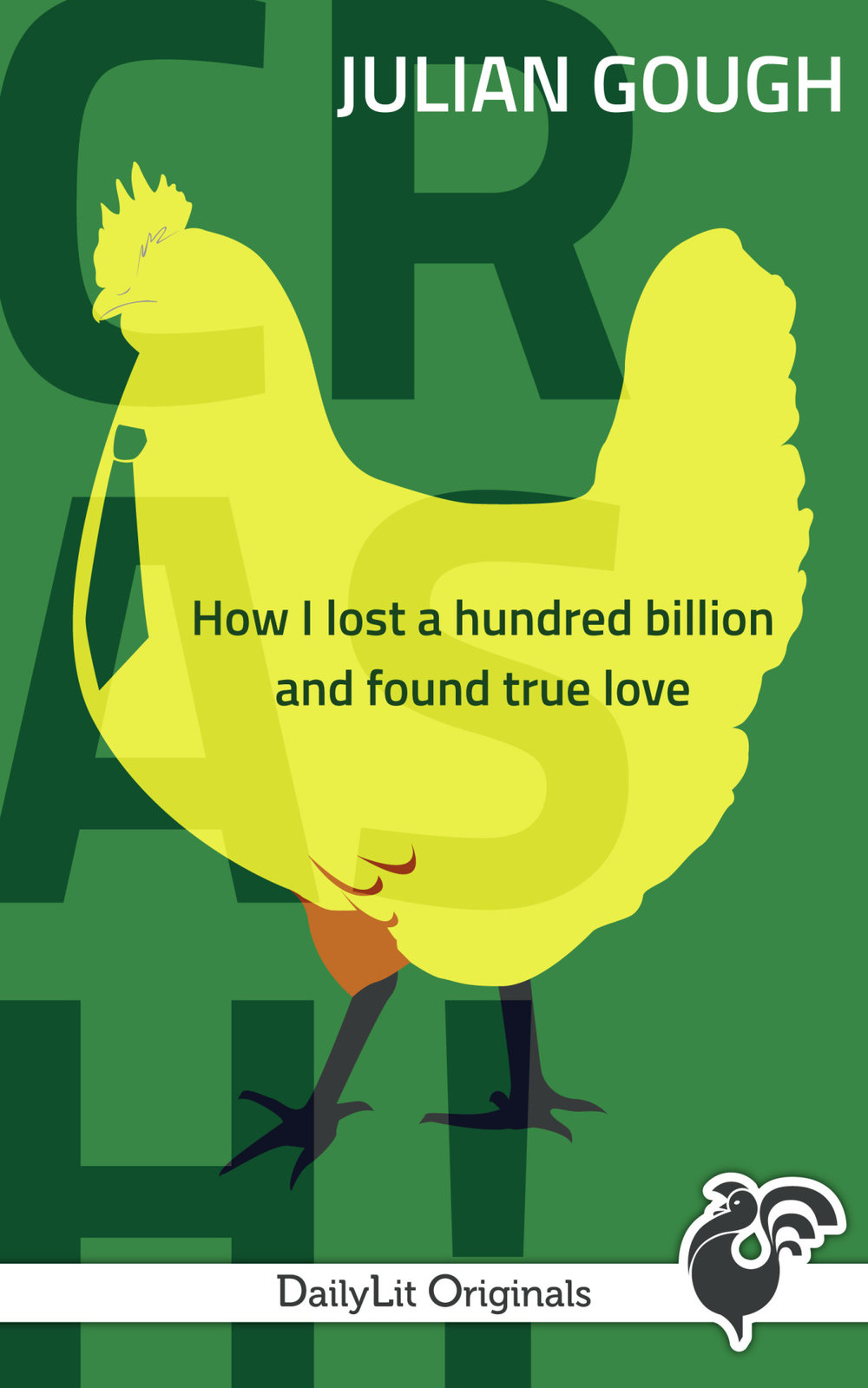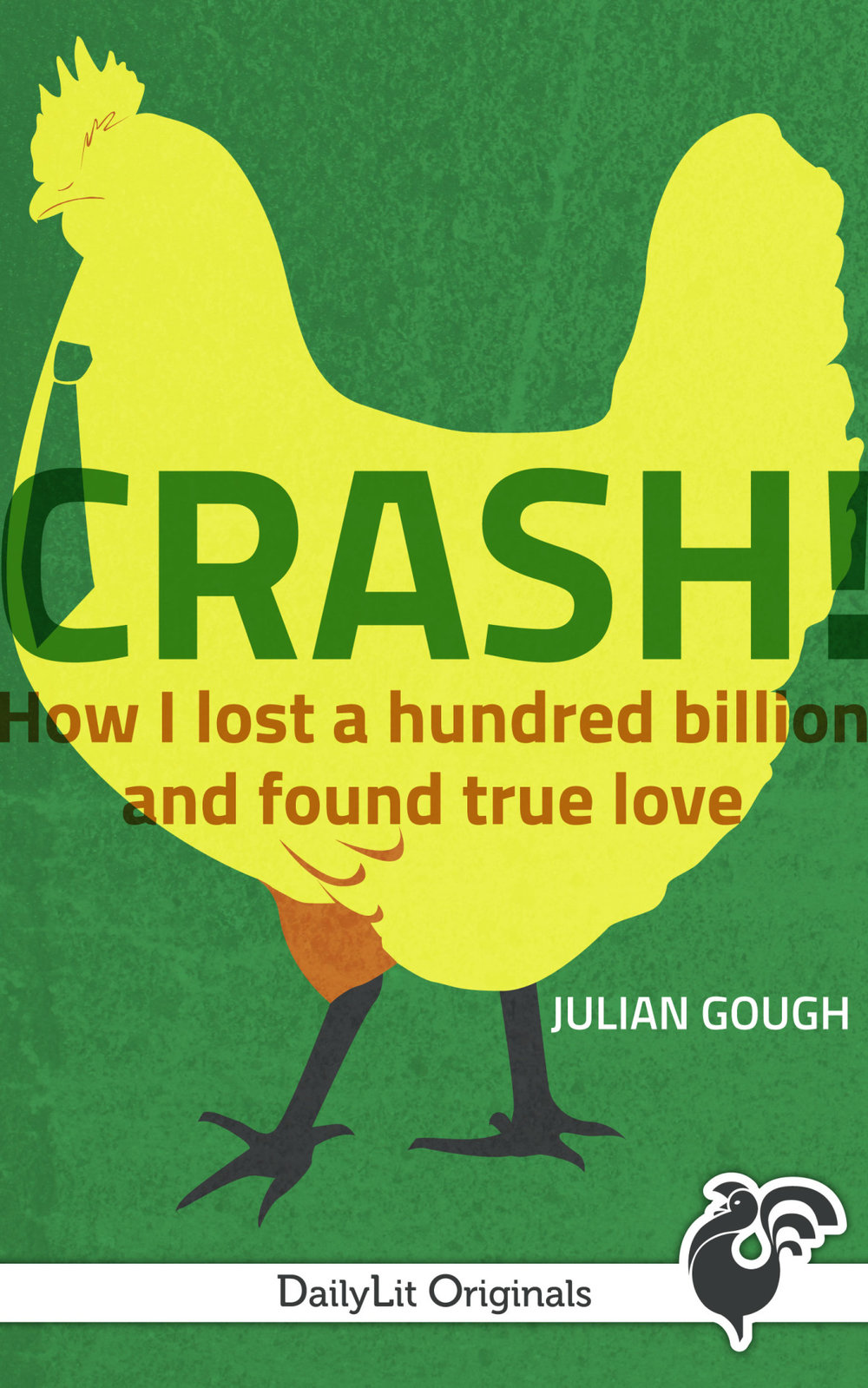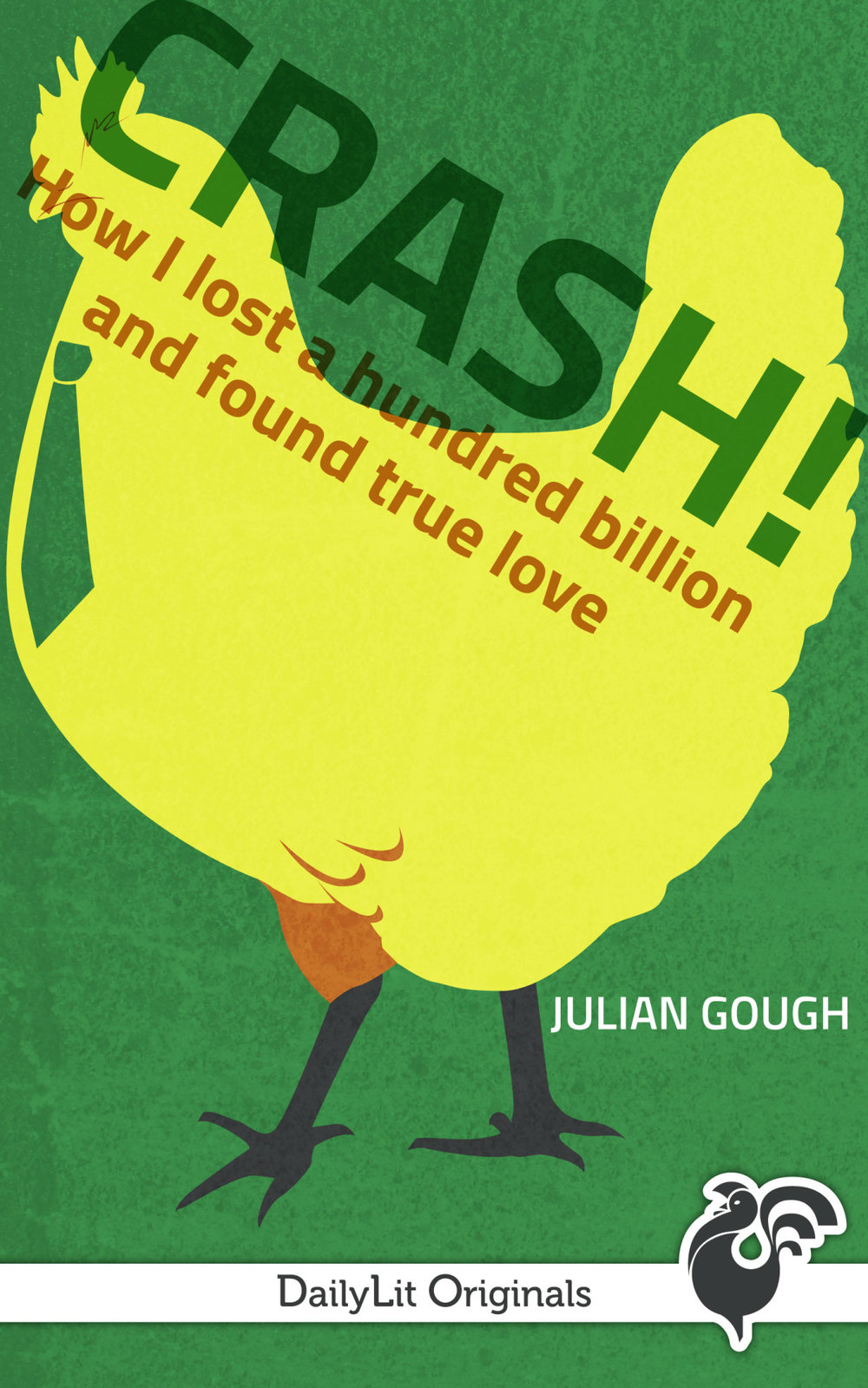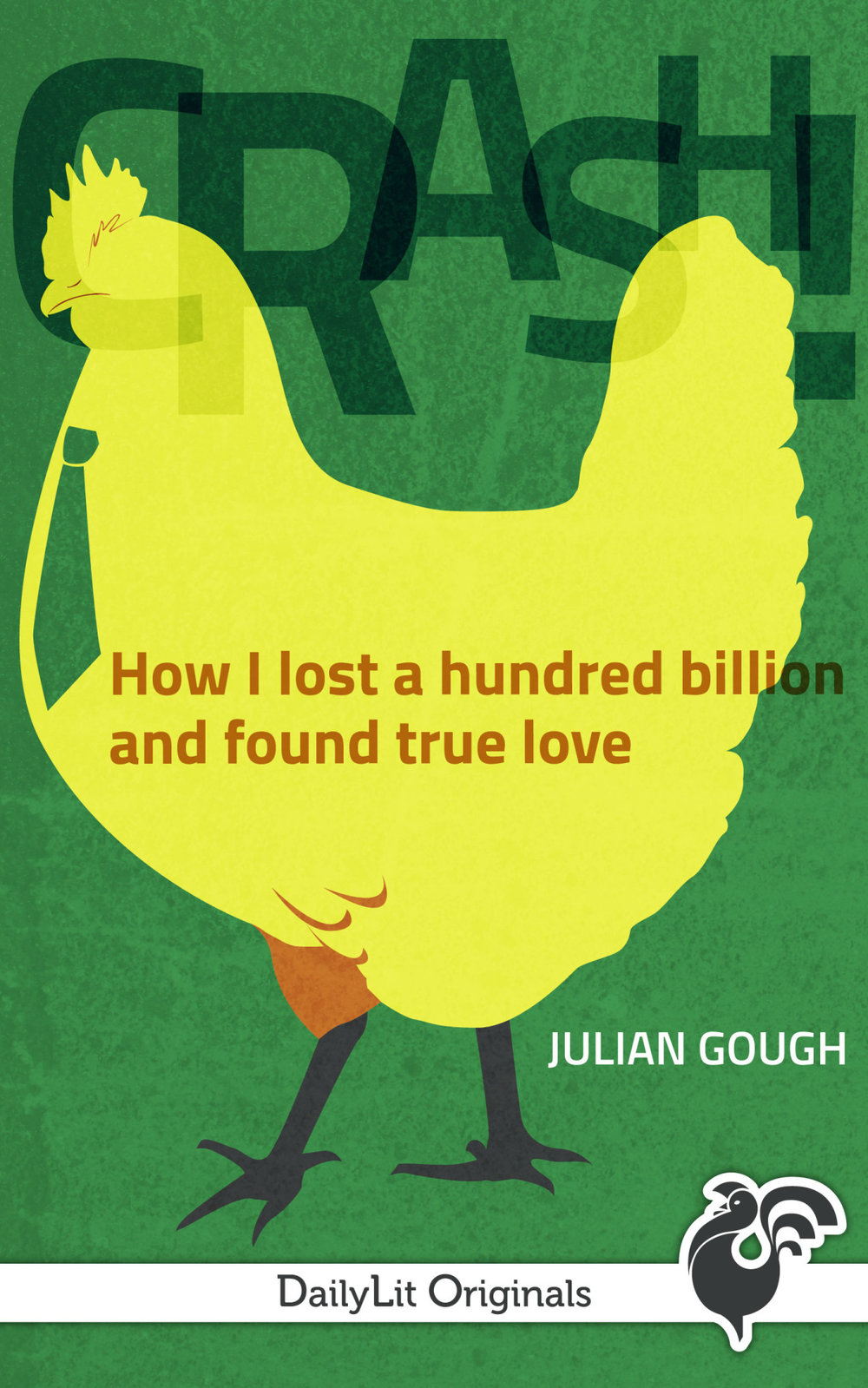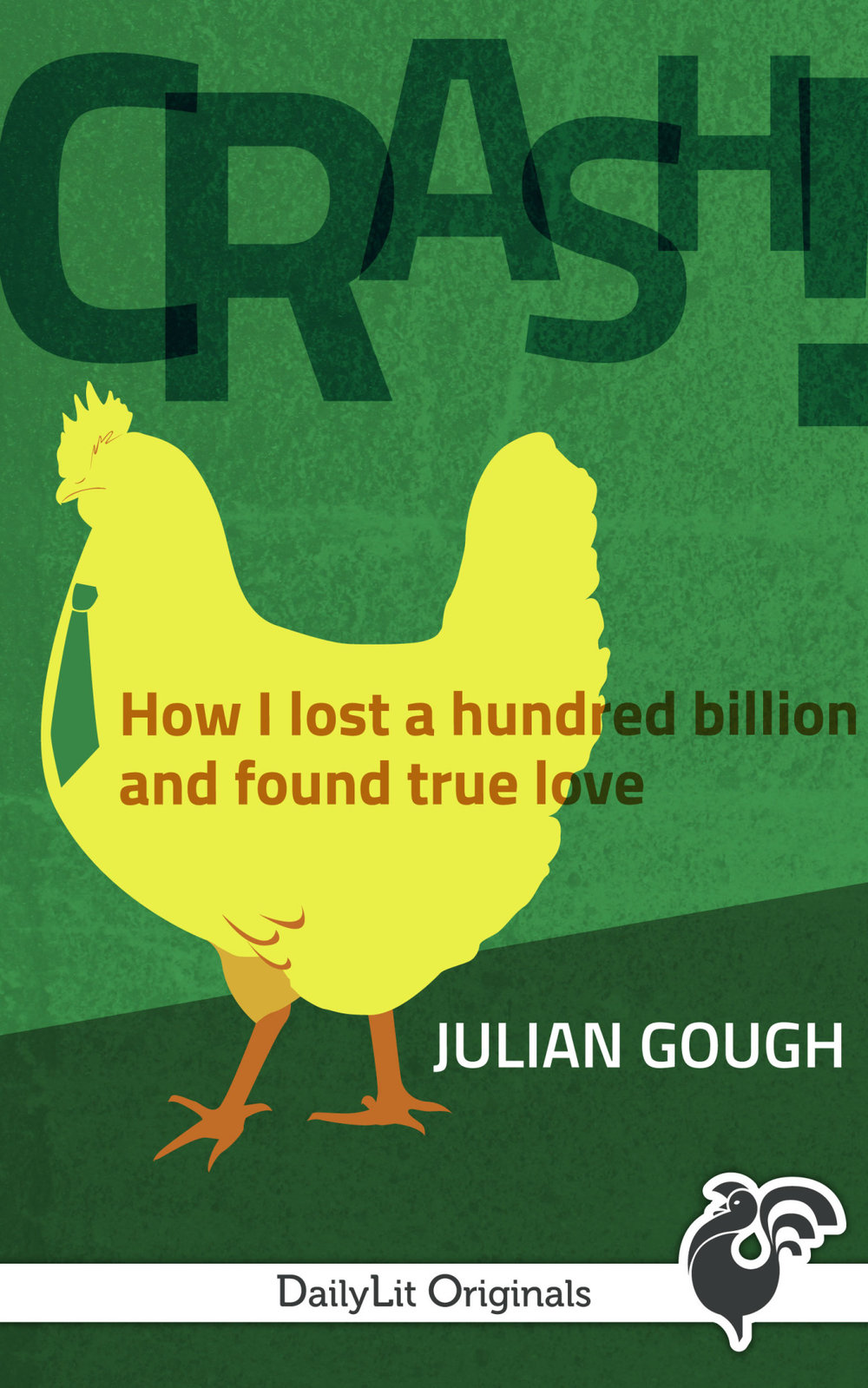Ireland After The Bailout - A Few Thoughts
/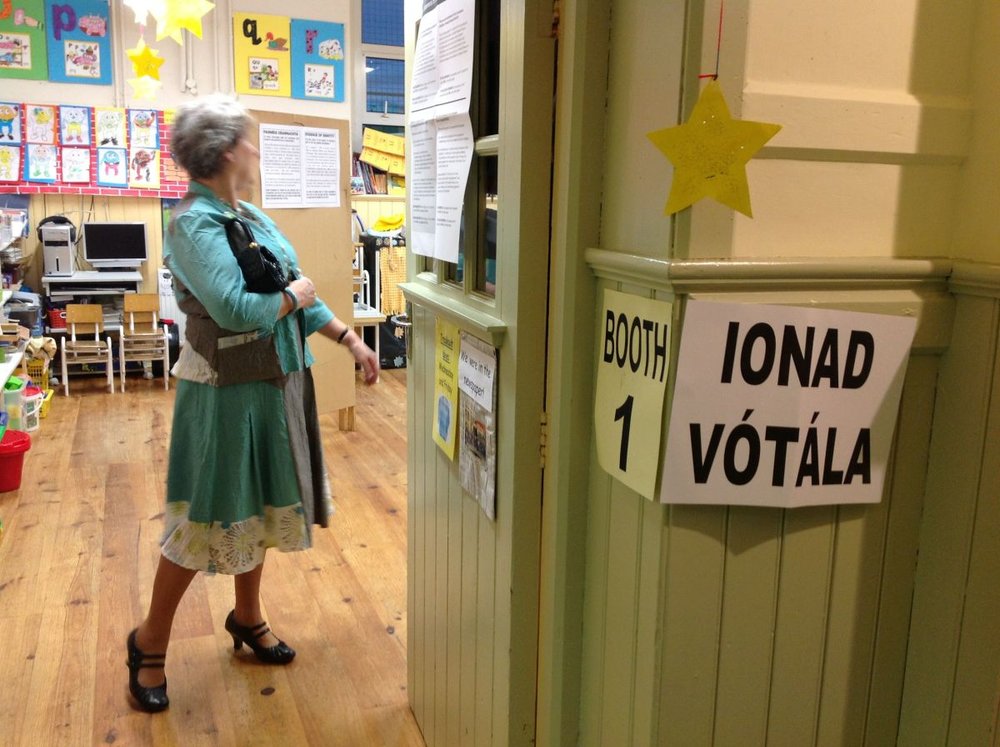 My mum voting in the recent referenda, in our local national school, in Nenagh, Co.Tipperary
My mum voting in the recent referenda, in our local national school, in Nenagh, Co.Tipperary
Ireland is about to emerge from the bailout process that she was forced to enter when her banking system and economy collapsed in 2008. Will Ireland emerge like a butterfly from a chrysalis, or poop from a butt? We shall see...
Anyway, that fine and thoughtful journalist Conor Pope of the Irish Times asked me a few questions last week for a long piece he was writing on the subject.
I haven't read the article yet (I'll link to it here when and if it goes online), but I'm familiar with the way that quotes in an article can become unmoored from what you actually said (no matter how good the journalist, or the paper). That's just the nature of a daily newspaper's high-pressure, high-speed editorial process. Qualifiers get left out; the first half of a balanced argument makes the cut because you said it in a sexy way, the second half doesn't 'cause you didn't; a subeditor in a hurry can accidentally trim the punchline from a joke, or, in tightening up a saggy sentence, accidentally flip its meaning on its head. (Yes, all these things have happened to me. No, I'm not looking at you, New York Times, or Prospect, or Financial Times, or GREY Magazine, or The Times, or The Believer, or any of the little literary magazines. YES, I'M LOOKING AT YOU, GUARDIAN.)
Also, I miss the good old days, pre-Twitter, when I frequently blogged about economics from a novelist's perspective; I thought posting this might jolt me back into that habit. Plus, I gave myself a headache thinking about all this, and I know that, at best, only a couple of lines will make the finished article. (Conor has talked to a lot of people.) So, if anyone is interested, here's what he asked me, and here are my answers in full...
How would you explain the madness that gripped Ireland during the boom and why did so few people see the calamity coming down the tracks in 2006?
I wouldn't give us a hard time over this. We were part of something much bigger than Ireland; the structural problems with the Euro blew up all the peripheral economies. Greece, Ireland, Portugal, Spain; the way the Euro was set up almost forced them into classic, credit-driven bubbles, in their national flavour. The bubble just came down the easiest credit channel. In Greece, it expressed itself through state patronage; in Ireland, it expressed itself through property & mortgages, etc. If the founders of the Euro refused to see the coming problem, even thought they were warned by several grumpy economists at the time, then we can hardly be blamed for not spotting it.
Also, we were drunk at the time. And high. Not all of us, but a startling number. I’m going to guess that our consumption of alcohol, cocaine and credit all mapped onto each other fairly exactly in the bubble years. Again, I don’t blame us. We were coming out of centuries of relentless, grinding national poverty. And when you’re poor, you don't need to cultivate a habit of restraint. You spend till you run out of money; you drink till you run out of drink. Poverty stops you killing yourself drinking, and lack of credit stops you killing yourself with debt. But give a poor society unlimited drink, or unlimited credit, and it's likely to end badly. I stopped going out in those years, because my friends were putting three or four €70 bottles of champagne on their credit cards and saying, sure we’ll split the bill at the end of the night. And I’d be nursing a single glass of fizzy water for five hours. Socialising became impossible; being frugal was seen as being disapproving, or difficult. We were drunk on credit, and everything looked more and more beautiful the drunker we got. Until we ran out of drink, and had to deal with the hangover. Countries that have been wealthy for a long time have to develop internal habits of control. You won't see the Swiss drinking their wages, because that would kill them.
What impact did the scale of the banking crisis have on Irish people?
What about the bailout? What impact did that have?
((Yeah, I'm in Ireland a lot, but I live in Berlin now. I didn't feel qualified to answer these two questions, so I skipped them.))
Repeated studies have shown that in spite of the horror show, Irish people have remained happier than in previous recessions - why do you think that is?
The recession removed the unpleasant, highly competitive status anxiety that was the least attractive aspect of the bubble years. We are much more respectful of our friends’ feelings now, of their situation. Much more sensitive to the fact that they might not be able to afford to keep up. I was so pleased when I started to see party invitations that say, no presents. Strip away the material things from a relationship, and, if the relationship survives, it strengthens the relationship, it doesn’t weaken it. We see each other to see each other, now, not to show off. Also, this is a recession, not a famine. It's only a recession relative to the boom. It's a very painful adjustment, but we still have colour TV and the internet. And the suffering has been spread relatively evenly, across the classes, which gives a sense of solidarity. We’re in the shit, but we’re in the shit together.
We seem to have accepted all the austerity - imposed first by our own masters and subsequently by the Troika without so much as a murmur. What, do you think, does that say about us as a nation.
I know there’s a lot of bemoaning this, but I think it reflects well on us as a nation. It’s only money; it’s only stuff. Fuckit, we still have each other, and nobody died. That’s a good attitude. If we took to the streets and had a revolution because our investments went badly… No, that’s not us. What’s tragic is that some people have been destroyed psychologically by their losses. But what is marvellous is that most people have not been. Their identity was not tied up with their property, their self esteem did not collapse along with their bank balance.
What impact - both psychologically and practically - do you think the bailout exit will have?
Not a lot. It’s a shaky exit. The Eurozone still has enormous problems, we haven’t really fixed a lot of what went wrong. The European financial system is still under horrendous strain. I don’t think the story of the Eurozone crisis is over yet, and through no fault of our own we may yet be dragged back into it.
And do you think we have learned from our mistakes? Property prices are rising in Dublin - and to a lesser degree in other urban centres - could we possibly allow another bubble to inflate or have we learned our lesson?
Well, if you don’t fix the fundamental problems; and the ECB and Germany and France have not fixed those problems, just stuck some enormous band-aids over them; then yes, another bubble could well inflate. But that’s not because WE haven’t learned from our mistakes. That’s because Germany, the country on the other side of all these imbalances, and the cause so much of Europe’s structural internal imbalance, still doesn’t believe it has made any mistakes. We've acknowledged our errors. Germany has not. Let’s not give ourselves such a hard time… I think Ireland's behaved well, and with remarkable restraint, under very difficult circumstances. We've held together as a nation, unlike Greece say, which has been massively divided and embittered by their crisis; and at an individual level I think we've, by and large, looked after each other.

